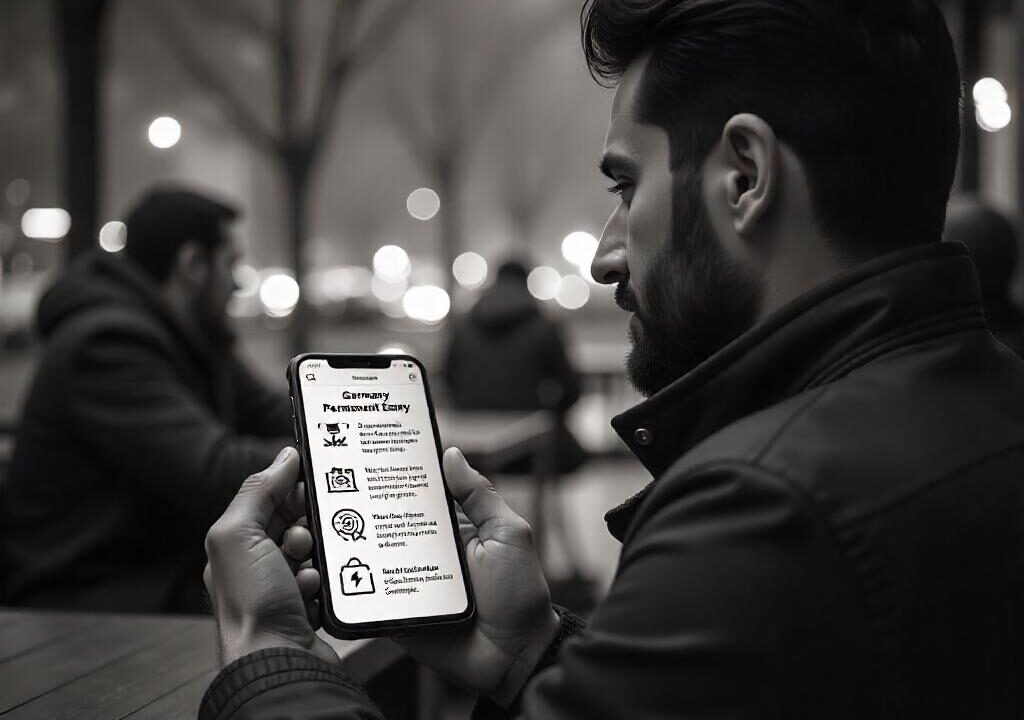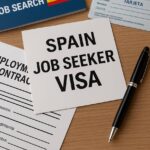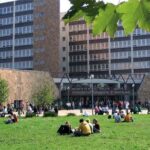Germany, as Europe’s largest economy, is an attractive destination for skilled workers, entrepreneurs, students, and families looking to build a future. For many foreign nationals, the ultimate goal is obtaining permanent residency, known as the “Settlement Permit” (Niederlassungserlaubnis). This status allows individuals to live and work in Germany indefinitely without the restrictions of temporary residence permits.
Here’s a detailed guide to the requirements and steps involved in obtaining permanent residency in Germany.
1. What Is a German Permanent Residence Permit?
A Settlement Permit grants non-EU nationals the right to live, work, and study in Germany without time limits. It also brings greater security and fewer bureaucratic hurdles compared to temporary residence permits. While it is not the same as citizenship, it does serve as a stepping stone toward becoming a naturalized German citizen.
EU/EEA/Swiss nationals enjoy freedom of movement and do not need permanent residency in the same way non-EU nationals do.
2. General Eligibility Requirements
To qualify for permanent residency, applicants must usually meet the following conditions:
-
Legal residence in Germany for a minimum period (usually 5 years)
-
Secure and legal income to support yourself and your family
-
Adequate living space for your household
-
Sufficient German language skills (typically level B1 of the CEFR)
-
Basic knowledge of the legal and social order in Germany
-
Contributions to the German pension system for at least 60 months
-
No criminal record
Exceptions and fast-track options may apply to certain groups (explained below).
If you need an explanation on writing your CV, Cover Letter and Email Template or help applying speak to Happy Face
3. Who Can Apply for Permanent Residency Sooner?
Some applicants may qualify for permanent residency in less than five years:
-
Highly Qualified Workers: May apply after just 2 years, especially if in a skilled profession and earning a high salary.
-
Blue Card Holders: Eligible after 33 months, or after 21 months with sufficient German language proficiency (B1 or higher).
-
Graduates from German Universities: May apply after 2 years of working in a related field and holding a valid residence permit.
-
Self-Employed Individuals: Can apply after 3 years, provided the business is successful and sustainable.
4. Documents Required
The specific documents vary based on your residence status and local foreigner’s office, but generally include:
-
Valid passport
-
Current residence permit
-
Proof of stable income (employment contract, payslips, or business income)
-
Proof of contributions to statutory pension insurance (or comparable private pension plan)
-
Certificate of German language proficiency (B1 level)
-
Proof of health insurance
-
Proof of accommodation and rental agreement
-
Certificate of integration course completion, if applicable
-
Clean criminal record certificate
All documents must typically be translated into German by a certified translator and submitted with copies and originals.
If you need an explanation on writing your CV, Cover Letter and Email Template or help applying speak to Happy Face
5. Step-by-Step Application Process
Step 1: Meet the Eligibility Criteria
Ensure you meet the required residency duration and other prerequisites based on your category (worker, student, entrepreneur, etc.).
Step 2: Prepare Documentation
Gather and translate all required documents. Check with your local immigration office (Ausländerbehörde) for a checklist specific to your region.
Step 3: Schedule an Appointment
Book an appointment with the immigration office in your city or district. Early booking is advised due to limited availability.
Step 4: Attend the Appointment
Submit your application in person. Bring all required documents and be ready to answer questions about your work, integration, and future plans.
Step 5: Pay the Application Fee
The standard fee ranges from €135 to €250, depending on your residency type and complexity of the case.
Step 6: Await Decision
Processing times vary by region but generally take a few weeks to several months. You’ll be notified when your settlement permit is approved.
If you need an explanation on writing your CV, Cover Letter and Email Template or help applying speak to Happy Face
6. Benefits of Permanent Residency in Germany
-
No need to renew residence permits regularly
-
Full access to the German labor market
-
Freedom to move within the Schengen Area
-
Ability to apply for a loan or mortgage
-
Pathway to German citizenship after a few more years (typically 6–8 years total residence)
-
Greater stability for you and your family








